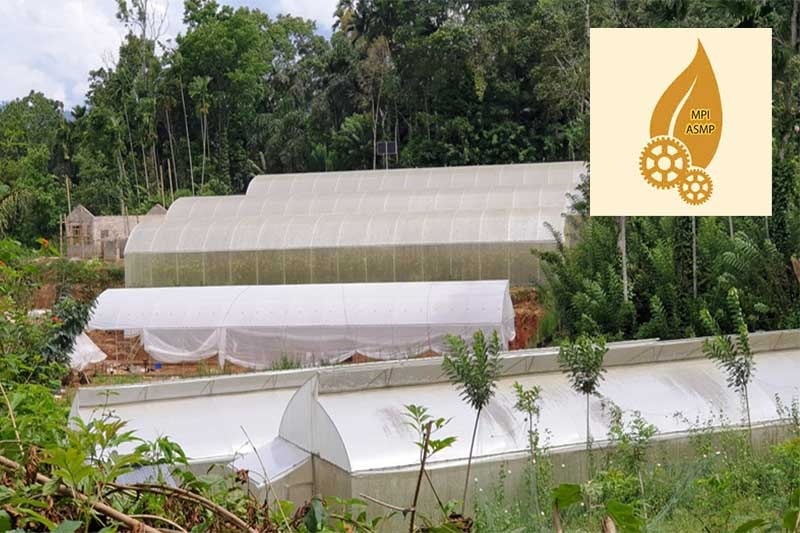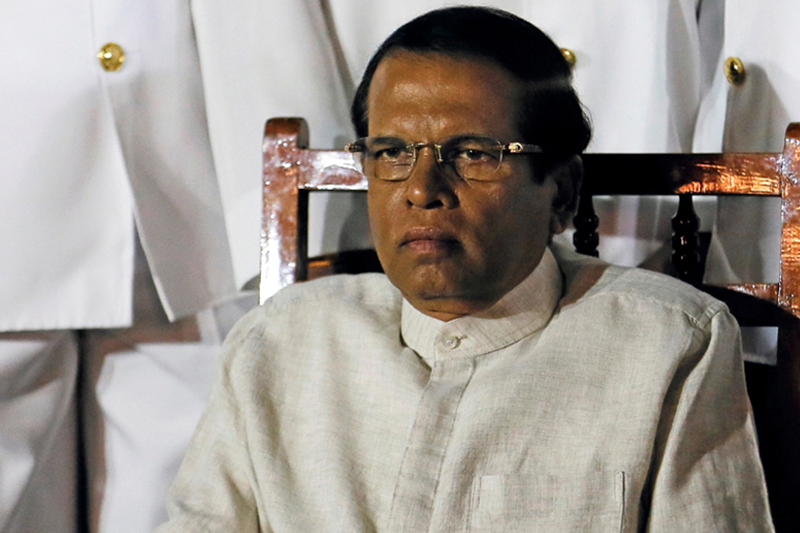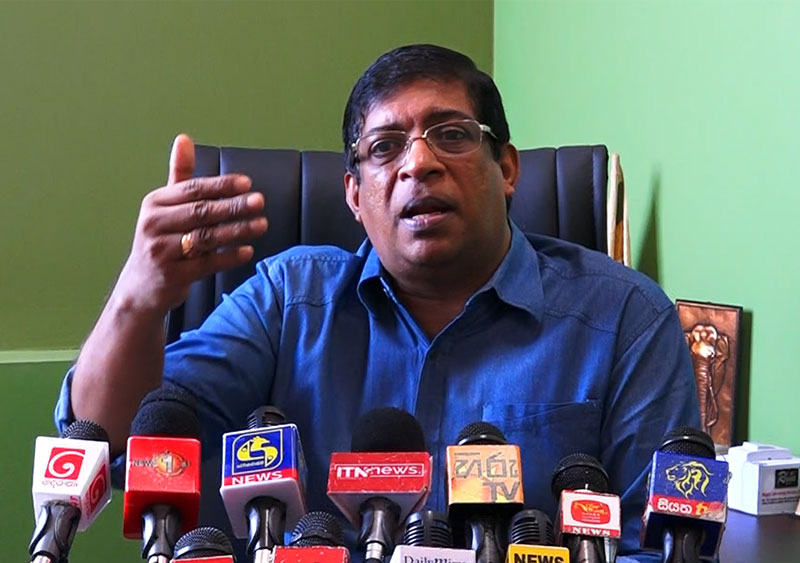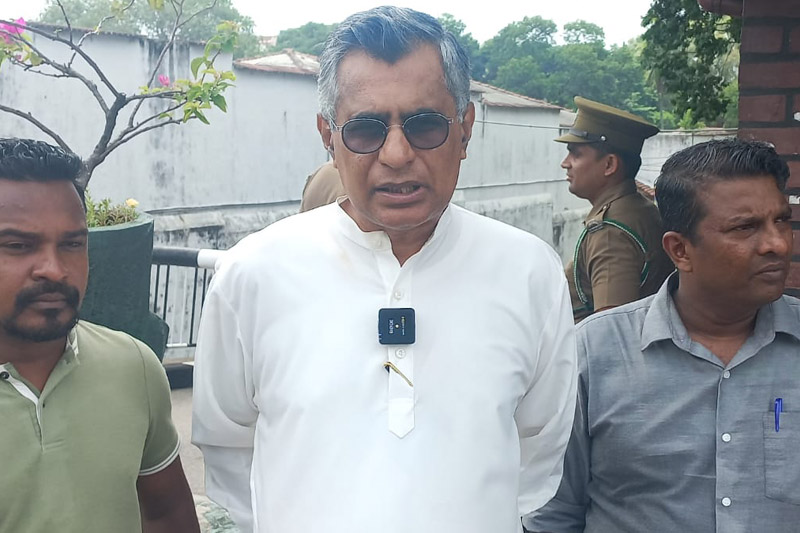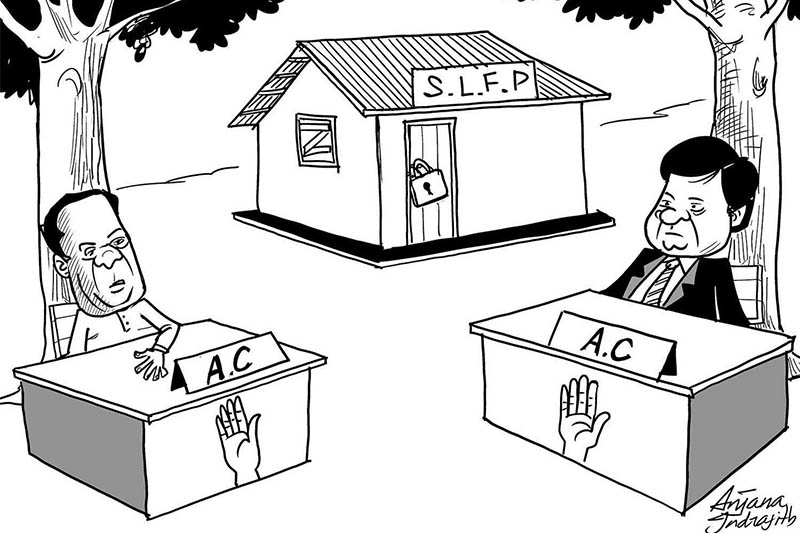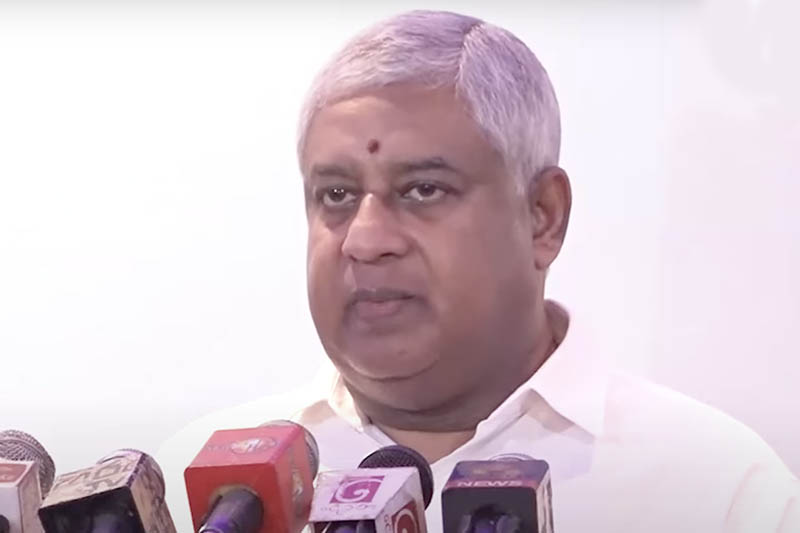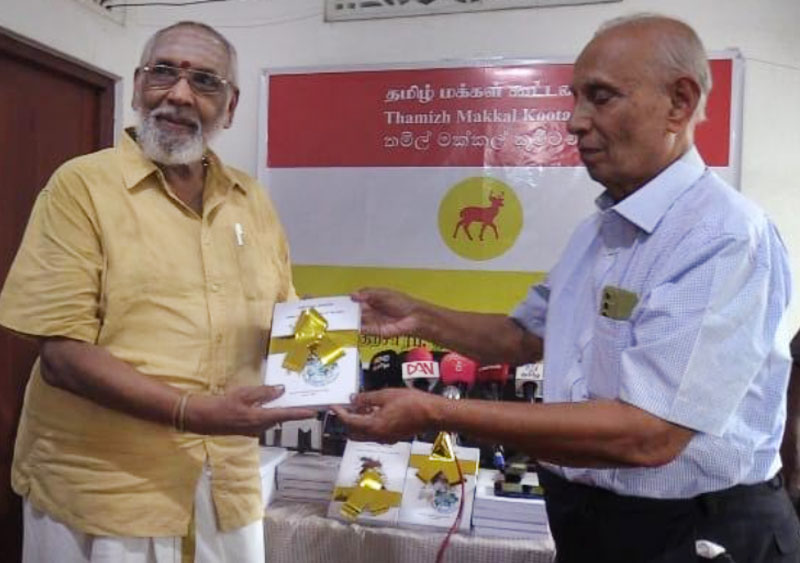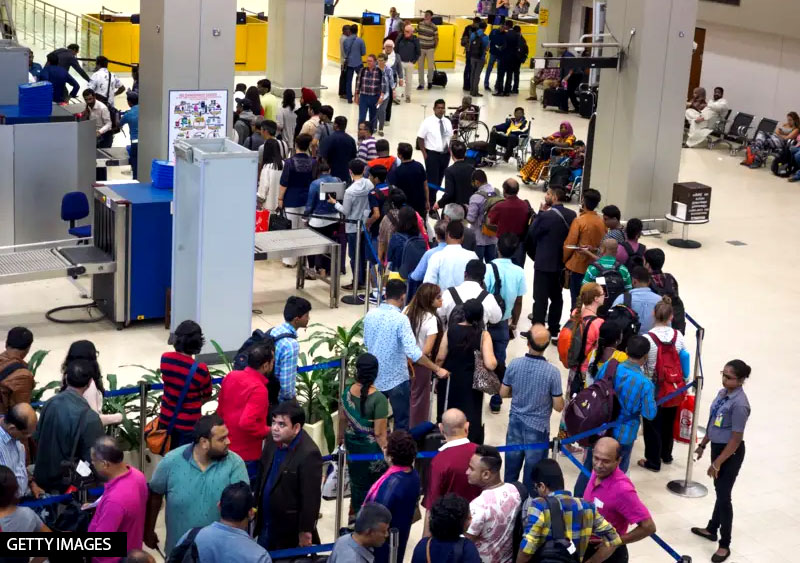The Foreign and Commonwealth Office of the United Kingdom has raised concerns on the deteriorating human rights environment in Sri Lanka.
The Foreign and Commonwealth Office (FCO) has published an update to the 2019 Human Rights and Democracy Report which assessed 30 priority countries from 1 January to 30 June 2020.
The report noted that the human rights environment in Sri Lanka has worsened, with the continuation of surveillance and intimidation of activists and human rights defenders.
The FCO also said they were concerned by the "detention without charge of a high profile human rights lawyer." Attorney-at-Law Hejaaz Hisbullaz has been held at the CID headquarters since his arrest on 14 April 2020, with restricted access to his lawyers, family and wife.
The report cited the presidential pardon of the only member of the armed forces convicted of a wartime atrocity. Former Sri Lanka Army Staff Sergeant, Sunil Rathnayake, was sentenced to death by the Colombo High Court in June 2015 for his alleged involvement in the Mirusuvil massacre in 2000. He was pardoned by President Gotabaya Rajapaksa on March 26.
Withdrawal from UN resolution
In March, the Government of Sri Lanka withdrew its support for UN Human Rights Council resolutions 30/1, 34/1, and 40/1 on post-conflict transitional justice, accountability, and reconciliation.
The FCO noted that although the government announced their commitment to a domestic mechanism for reconciliation and accountability, this is yet to be established.
Increasing military role in civilian activities
The report further states that "the Sri Lankan military were given oversight of further civilian functions, and military appointments to government roles included individuals accused of war crimes."
Concerns were raised about the formation of presidential ‘task forces’, operating beyond "parliamentary scrutiny." The UK said that there was a lack of parliamentary oversight from March onwards as the Parliament was not reconvened due to the delay in the Parliamentary elections caused by the COVID-19 pandemic.
Freedom of religion
They also expressed concern on freedom of religion or belief and noted an increase in anti-Muslim sentiment fuelled by disinformation around COVID-19.
"The decision to mandate cremations for all those affected by COVID-19 prevented Sri Lankan Muslims and other religious communities from practising their rites," the FCO said.
Prime Minister Mahinda Rajapaksa, at a Party Leader's meeting on April 02, had agreed to appoint a committee of experts to look into the possibility of burying the bodies of Muslims who and to submit recommendations as soon as possible. However, Sri Lanka has not made a decision to allow burials of COVID-19 victims.
The FCO also said they were concerned by the "detention without charge of a high profile human rights lawyer." Attorney-at-Law Hejaaz Hisbullaz has been held at the CID headquarters since his arrest on 14 April 2020, with restricted access to his lawyers, family and wife.
The report cited the presidential pardon of the only member of the armed forces convicted of a wartime atrocity. Former Sri Lanka Army Staff Sergeant, Sunil Rathnayake, was sentenced to death by the Colombo High Court in June 2015 for his alleged involvement in the Mirusuvil massacre in 2000. He was pardoned by President Gotabaya Rajapaksa on March 26.
Withdrawal from UN resolution
In March, the Government of Sri Lanka withdrew its support for UN Human Rights Council resolutions 30/1, 34/1, and 40/1 on post-conflict transitional justice, accountability, and reconciliation.
The FCO noted that although the government announced their commitment to a domestic mechanism for reconciliation and accountability, this is yet to be established.
Increasing military role in civilian activities
The report further states that "the Sri Lankan military were given oversight of further civilian functions, and military appointments to government roles included individuals accused of war crimes."
Concerns were raised about the formation of presidential ‘task forces’, operating beyond "parliamentary scrutiny." The UK said that there was a lack of parliamentary oversight from March onwards as the Parliament was not reconvened due to the delay in the Parliamentary elections caused by the COVID-19 pandemic.
Freedom of religion
They also expressed concern on freedom of religion or belief and noted an increase in anti-Muslim sentiment fuelled by disinformation around COVID-19.
"The decision to mandate cremations for all those affected by COVID-19 prevented Sri Lankan Muslims and other religious communities from practising their rites," the FCO said.
Prime Minister Mahinda Rajapaksa, at a Party Leader's meeting on April 02, had agreed to appoint a committee of experts to look into the possibility of burying the bodies of Muslims who and to submit recommendations as soon as possible. However, Sri Lanka has not made a decision to allow burials of COVID-19 victims.
Impact on trade
The UK is also the main market for Sri Lanka’s exports to the EU region and the second largest export market after the USA.
The UK is also the main market for Sri Lanka’s exports to the EU region and the second largest export market after the USA.
The Export Development Board (EDB) said recently that the UK has assured Sri Lanka it will continue to enjoy EU GSP+ benefit from 2021 post-Brexit.
However, the continued deterioration of the human rights environment in Sri Lanka could potentially lead to Sri Lanka losing the GSP+ concession again.
However, the continued deterioration of the human rights environment in Sri Lanka could potentially lead to Sri Lanka losing the GSP+ concession again.
The UK said that they have made it absolutely clear, through international engagement, that states must respect their human rights obligations in their response to COVID-19 as at any other time.
"Any restrictions must be strictly necessary, lawful, and temporary. Now, as we plan for life with and beyond the pandemic, our global recovery must be in the interests of everyone. These are hugely challenging times, but our commitment to defending human rights is tireless," The UK said.
"Any restrictions must be strictly necessary, lawful, and temporary. Now, as we plan for life with and beyond the pandemic, our global recovery must be in the interests of everyone. These are hugely challenging times, but our commitment to defending human rights is tireless," The UK said.
In August 2010, under the then President Mahinda Rajapaksa, Sri Lanka was blacklisted and lost its GSP+ concession due to allegations of human rights, resulting in a loss of export revenues of around Rs. 150-250 billion till the reinstatement of GSP+ in May 2017 under the Yahapalana government.
Sri Lanka is among 30 Human Rights Priority Countries including other nations such as Afghanistan, Central African Republic, China, Colombia, North Korea, Congo, Eritrea, Libya, Somalia, Sudan, Syria, Turkmenistan, Uzbekistan, Venezuela, Yemen, and Zimbabwe.










